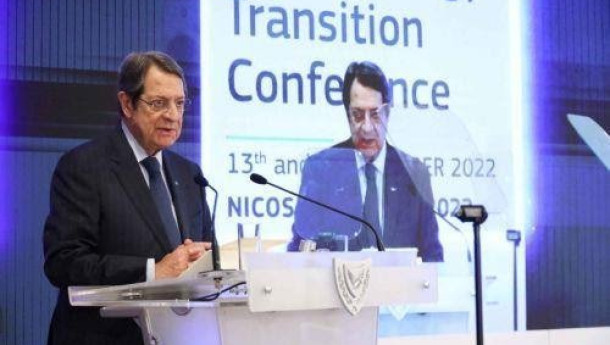
Ιt is estimated that by the end of 2027 Cyprus will have an excess of renewable energy that could be exported or exchanged, in addition to the quantities that could be available from Egypt, Israel, and Greece, President of the Republic, Nicos Anastasiades, said on Friday morning, in his address at the EMGF Energy Transition Conference hosted in Nicosia.
Anastasiades noted that Cyprus can become a net exporter of electricity at capacities that could range from 120 Gigawatt hours in 2027, up to 1000 in 2030, and exceeding 1800 in 2033.
Moreover, he said that Cyprus, due to its strategic location and its excellent relations and long-standing partnerships in the field of energy with neighbouring countries, at a bilateral, regional and multilateral level, stands ready to make its own contribution and be an active part of the energy solutions that our region has to offer.
A role which we have already assumed through the start of the construction phase of the “EuroAsia” interconnector between Cyprus, Greece and Israel – the inauguration ceremony of which will be held later on today-, as well as the preparations underway for also launching the “EuroAfrica” interconnector which will connect Cyprus-Greece- Egypt, he added.
Anastasiades said that “according to current status and planning, it is estimated that by the end of 2027, once the first interconnection is in place, Cyprus will have an excess of renewable energy that could be exported or exchanged, in addition to the quantities that could be available from Egypt, Israel, and Greece.”
“Consequently, Cyprus can become a net exporter of electricity at capacities that could range from 120 Gigawatt hours in 2027, up to 1000 in 2030, and exceeding 1800 in 2033,” he added.
He noted that “we also stand ready to examine possibilities and proposals of connecting various natural gas fields in Cyprus – Israel – Egypt- during the next days Lebanon - with either existing or new infrastructure, through which gas can be exported to Europe.”
As regards the East Med’s potential contribution to the EU’s efforts to diversify energy sources and routes, the President said that this may be achieved by transferring East Med natural gas, either as LNG or through pipelines, hydrogen that will be produced in the region in the medium and long term, and clean energy from renewables exported to Europe via electrical interconnections, stressing that “the Eastern Mediterranean can assume a key role to this end.”
Moreover, the President said that “recognizing the vast resource prospects, opportunities and challenges, it is clear that the full energy potential of the Eastern Mediterranean can only be unlocked if suppliers, buyers and transit countries in the region cooperate on developing numerous infrastructure projects for gas, hydrogen and renewable energy trade within the region and with external markets.”
He noted that “the fact that almost all of the Members of the Gas Industry Advisory Committee of the EMGF are active in exploration and exploitation of energy resources in the East Med, effectively means that a platform for discussion is already available in order to define the synergies for best exploiting them.”
Moreover, the stressed that the significance of the EMGF goes beyond energy cooperation; as an enabler of regional peace, economic growth and prosperity in our turbulent region and beyond.
Anastasiades also underlined that the Forum “is open to any country wishing to join us in this collective process, provided it adheres with our shared values and principles in respecting international law, including the UN Convention on the Law of the Sea.”
“Our motto is that energy should act as a catalyst for peace and prosperity and not in creating tensions and conflicts,” he noted.


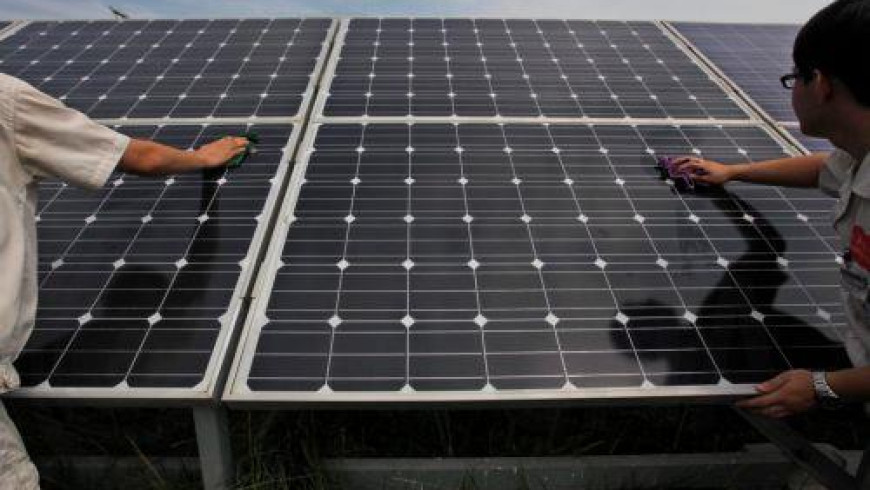
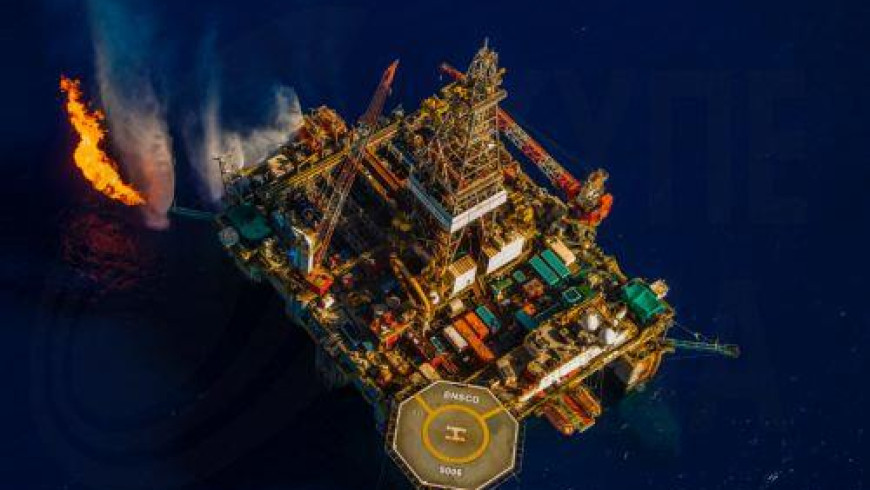
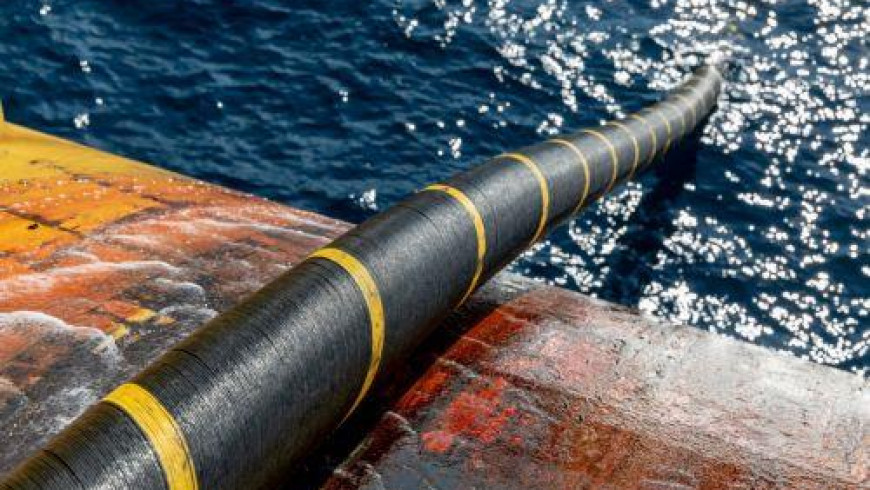
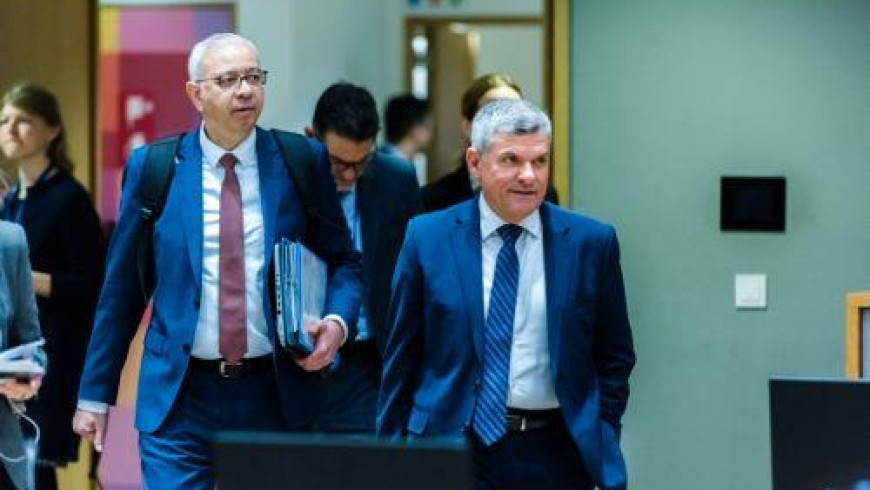
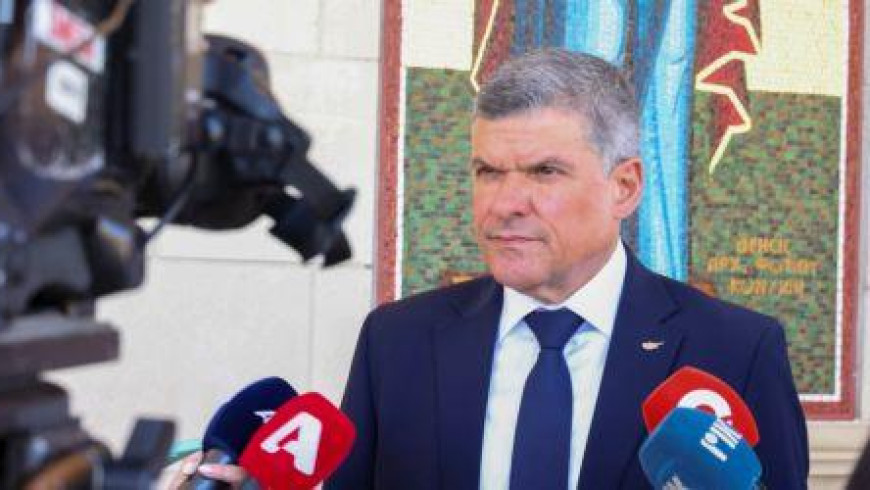
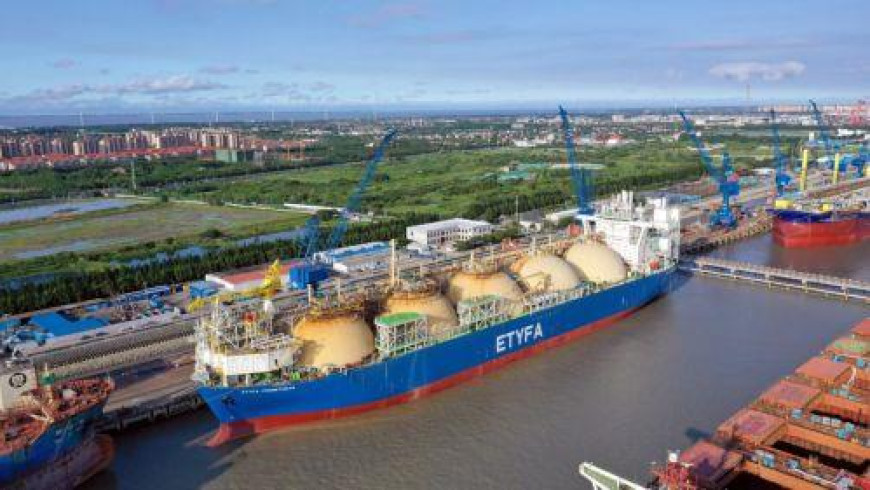
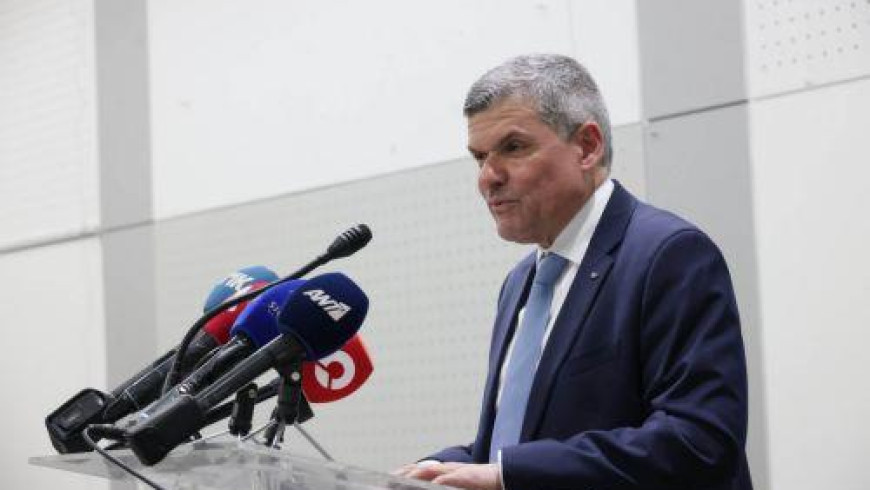




 3287.99
3287.99 1275.09
1275.09
